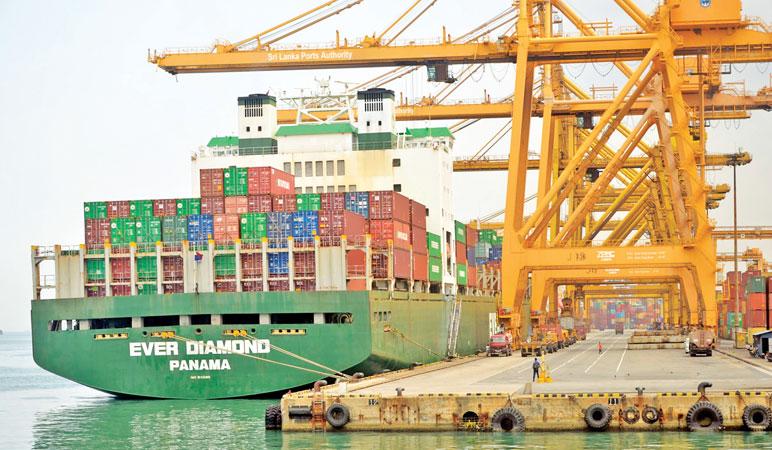
Cabinet approved the adoption of the ‘Framework for Implementation of the Trade Adjustment Programme’ (TAP), which was a joint submission by the Ministry of Finance and the Ministry of Development Strategies and International Trade last month.
The design of the TAP includes, adjustment assistance for firms and workers, institutional mechanisms to ensure transparent, credible and timely delivery of trade adjustment assistance, data-driven decisions making using analytical tools to assess vulnerable industry sectors, recommendation for a skills retraining and labour market flexibility program alongside the tariff liberalisation, mechanisms for industry sectors to reveal their constraints and have them resolved, and clear communication to stakeholders of the why, what and how of the TAP.
The TAP proposes to use different tools, which can go from being transversal to all sectors and workers, to having sector-specific measures which include only the most vulnerable sectors and groups.
Following direction by the Prime Minister, the Ministry of Development Strategies and International Trade embarked on a six-month long exercise to develop a comprehensive design of an implementation framework for TAP. Drafts were discussed at several stakeholder consultations with industry associations/chambers and relevant public-sector institutions. The draft of overall design and implementation framework of the Trade Adjustment Program was published online for public comments and submitted to the Cabinet of Ministers for their information. Comments were received from various stakeholders. A final version of the implementation framework of the TAP was developed taking into account all the comments received and following discussions with officials of the Ministry of Finance.
Key features:
• Setting up of a Joint Steering Committee (JSC) to oversee the implementation of the TAP. The JSC will be chaired by the Secretary of the Treasury, and other members would be the Secretaries of key Ministries relevant to this agenda (industry, labour, skills).
• Analytical tools have been developed (using national statistics data) with the assistance of international expert institutions (World Bank and the Harvard Centre for International Development) to be able to assess ‘vulnerability’ of firms and workers. This analysis would inform the decision-making around tariff phase out, negotiations with affected industry sectors, and other TAP matters.
• Setting up a Trade and Productivity Commission (TPC) as an independent body that recommends the trade adjustment to be offered to industries after examining quantitative and qualitative evidence and investigating and hearing industry concerns on tariff phase out and competitiveness constraints. TPC will be comprised with a majority of independent members from relevant professional backgrounds. The TPC will have a dedicated Secretariat.
• To build transparency and credibility in the decision-making process, submissions received by industry sectors as well as recommendations of the TPC and the decisions of the JSC would be published online and available to the public. This is important to mark a departure from the narrow industry lobbying process that often occurs.
• Identify and implement a minimum level of labour market flexibility reforms that can be implemented in order to allow workers from TL-affected sectors move into new sectors and adjust better to the new market conditions. This is to be determined following consultation with relevant industry and labour market stakeholders, with leadership from the key line Ministries.
• TVET institutions to develop, in consultation with the industry, new and rapid retraining programmes and identify a network of TAP-relevant skills re-training centres and job placement hubs across the country (from within the established government TVET institutions/agencies). These will be tasked with helping impacted workers obtain the new skills they need to move to another sector or find new job openings.
The government would formulate an arrangement to cover part of the skills retraining costs for trade liberalization (TL) affected workers. As Sri Lanka embarks on a process of trade liberalization, either through unilateral measures like the steady removal of para-tariffs, or bilateral tariff reduction through Free Trade Agreements (FTAs), there is a need to manage the potential challenges that domestic industries would face.
To do this, the government envisaged introducing ‘trade adjustment’ to improve the competitiveness of firms and workers.
It was recognised that the Sri Lankan economy shows several frictions that could prevent it from fully benefiting from openness to international trade and the challenges that opening up after years of protectionism can create.
In the short to medium-term, either due to the nature of (TL) or due to inherent rigidities in the Sri Lankan market, there is a need facilitate the conditions for smoother transition so that it creates a win-win situation for everyone. As such, a trade adjustment program (TAP) is needed to help firms and workers better adjust to new market conditions brought on by trade liberalisation. - CJ
